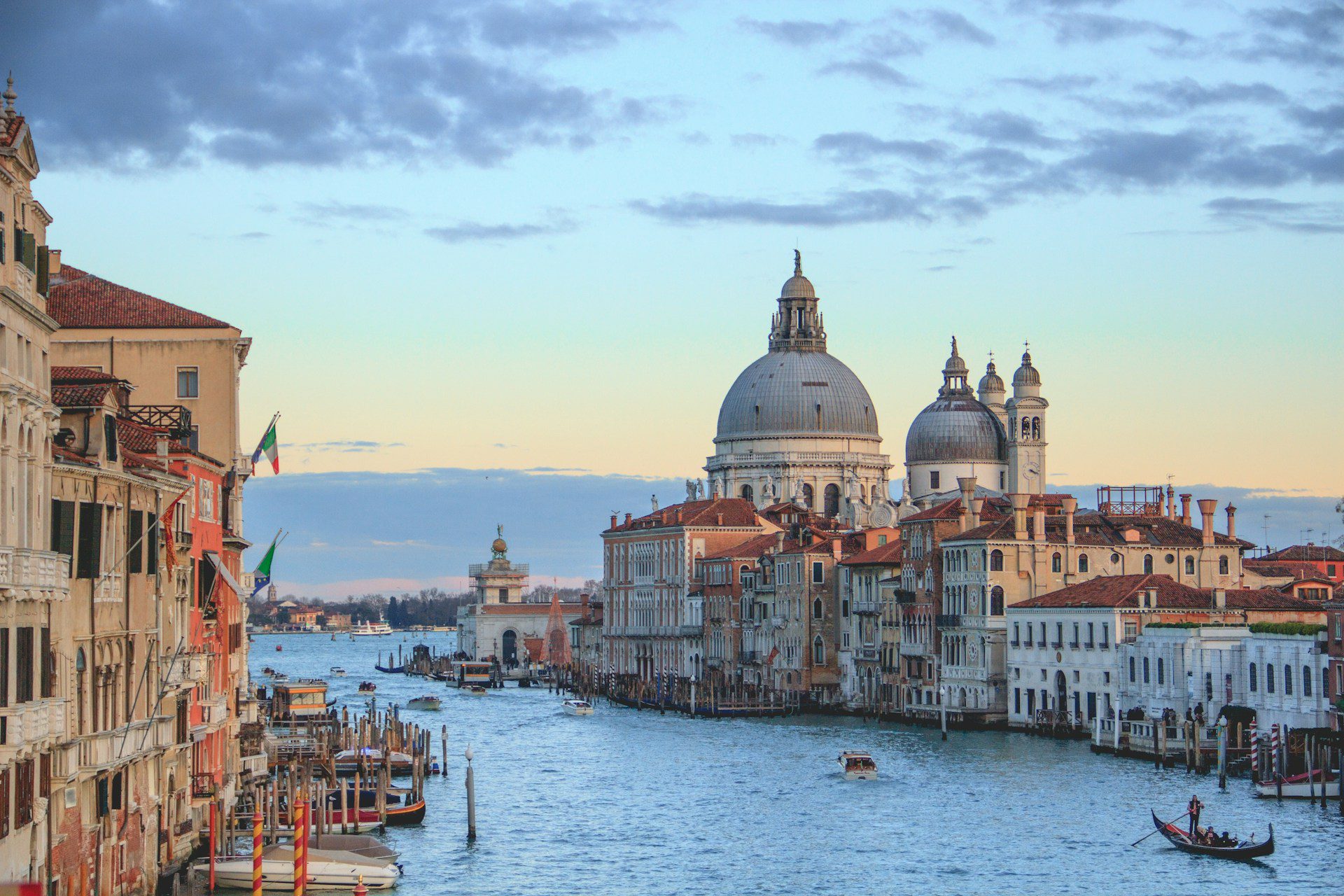This is the time of year when many of us are busy booking summer getaways and dreaming of new adventures under sunny blue skies.
What could be more appealing when the days are short and the rain is relentless.
According to the UN, tourism levels will finally bounce back to pre-pandemic levels this year.
But while on the surface things might seem to be returning to normal, there are some profound shifts taking place.
Successive years of record-breaking temperatures across Southern Europe, from “unprecedented” heat events in Portugal to wildfires in Greece, are taking their toll.
Tourists are increasingly realising climate change might mean a change in habits too.
According to a new report by the European Travel Commission, 14% of tourists now cite extreme weather events as their primary concern when making travel plans, a 7% increase since the previous survey in 2023.
The beneficiaries of this trend are likely to be destinations in cooler climes, such as the Nordics, though tourism capacity in this region is much lower.
Italy offers nearly 1.1 million hotel rooms; Finland has fewer than 65,000.
“Everything has been geared for that desire to seek the sun,” Susanne Becken, a professor of sustainable tourism at Griffith University, in Australia, told the New York Times.
“Accordingly, we’ve built massive infrastructure in the likes of the Mediterranean and Mexico and so on.”
Travel operators including TUI are beginning to sell holidays to southern Mediterranean destinations throughout the year, though this does little to help parents with children in school.
Changing the time and destination of flights of course will do nothing to alleviate the underlying causes of climate change.
And while beach resorts might become unbearably hot in the summer months, ski resorts might have to close entirely as snow becomes scarce.
“Ski tourism is a niche issue in the face of climate change,” Dr Samuel Morin, research scientist at Météo-France and CNRS in Toulouse and Grenoble, told the Guardian.
“But from the point of view of the people who live in the mountains and make a living from the industry, it is very important to really understand to what extent climate change is threatening the activity, and to take into account the impact this activity has on the climate.”










